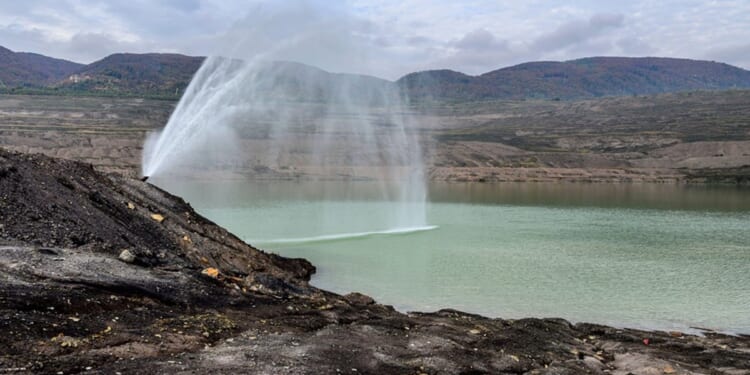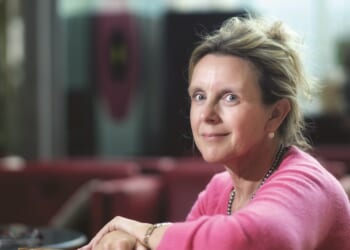A ROADMAP for promoting responsible mining practices has been published by a coalition led by the Church of England Pensions Board as the sector grapples with massive global demand for minerals. The COP30 conference meets in Brazil next week.
A total of 120 institutions collaborated on the ten-year roadmap for sustainability and responsibility, supporting mines to improve practices while meeting rising demand for minerals as part of a transition to clean energy.
The Global Investor Commission on Mining 2030 is chaired by Adam Matthews, the Church of England’s Pensions Board chief responsible-investment manager. He said that the mining sector was critical to meeting the needs of growing economies and supporting the energy transition to net zero. More investment was needed to shape a more environmentally responsible sector.
Many investors do not invest in the sector because of sustainability concerns. But Mr Matthews said the sector needed more investment to power global energy and digital transitions. The demand for transition minerals is expected to treble to 30 million tonnes by 2050, under net-zero scenarios, the International Energy Agency says.
The commission’s report says: “Significant mining expansion will be required at least over the next two decades to deliver the transition. However, once extracted, minerals and metals have the potential to remain in continuous circulation to be reused and recycled, which may gradually reduce dependence on primary extraction.”
Members of the commission met the Brazilian President, Luiz Inácio Lula da Silva, to discuss the report’s recommendations last week.
Mr Matthews said: “The market is at an inflection point. We can choose to support a vision of responsible mining that addresses the industry’s systemic challenges, which in turn would enable long-term value generation. Or we can allow the digital and clean-energy system of tomorrow to be born of social discord and environmental breaches.
“The commission sets out a compelling and practical vision, involving a partnership of governments, companies, investors, workers and other community stakeholders to level the playing field for a responsible rules-based mining system.
“This vision, driven by the long-term interests of companies and investors, will deliver real, meaningful benefits for local communities as well as for national economies.”
The commission has set seven goals for the next ten years, including reducing conflicts linked to extraction of minerals, responsible sourcing, stakeholder engagement, and equitable distribution of benefits with communities.
Recommendations include creating an independent International Minerals Agency to monitor supply and demand of minerals, and the creation of a Global Centre for Peacebuilding and Business, to be based in South Africa. This would work to ensure that the presence of minerals was a catalyst for economic growth, not a driver of conflict.
The commission is supported by global investors managing or advising $18 trillion of assets, including the Pensions Board, the Swedish National Pension Funds, and Royal London Asset Management, among others. The commission is also supported by the $128-trillion global investor network Principles for Responsible Investment, and has received technical support from the United Nations Environment Programme.
The Pensions Board has led a long-running campaign to improve standards in the mining sector since the 2019 Brumadinho dam disaster in Brazil, which resulted in 272 deaths and environmental devastation (News, 8 February 2019).

















